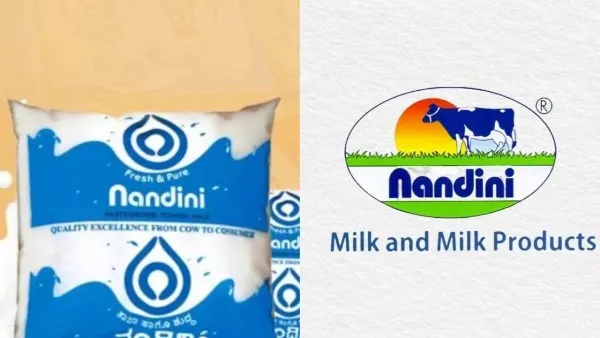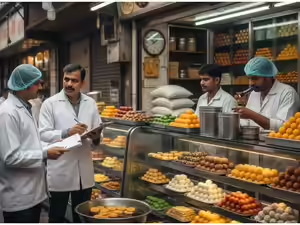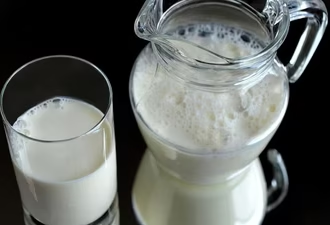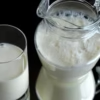Overview
The Karnataka Milk Federation (KMF) will replace traditional plastic milk packets for its flagship brand Nandini with eco-friendly alternatives, taking a major step toward sustainability in dairy production and distribution. The new packaging uses plant-based materials such as corn starch and sugarcane. These biodegradable sachets decompose within 90 days and convert into organic fertiliser, while conventional plastic takes centuries to break down.
Successful Trials Show Positive Results
Bangalore Milk Union Limited (Bamul), a KMF division, successfully tested the new biodegradable milk packets at its Kanakapura Mega Dairy and in Hunasanahalli village. The trial reported zero leakage, maintained milk quality, and received strong consumer approval, according to the report. KMF Managing Director Shivaswamy B confirmed that the new packets match regular plastic in durability and freshness, but eliminate the environmental drawbacks. For customers, the biodegradable packs look and feel almost identical to plastic, making the transition seamless. Behind the scenes, this shift will significantly cut plastic waste.
A Step Toward Cost and Waste Reduction
KMF marketing director Raghunandan M stated that the federation uses 2–2.5 million plastic milk packets every day, generating nearly 15,000 metric tonnes of plastic waste annually. Managing this waste under the government’s Extended Producer Responsibility (EPR) mandate costs the federation heavily. By switching to sustainable packaging, KMF will reduce expenses and ease the burden on Bengaluru’s overtaxed waste management system, he said. These biodegradable sachets decompose within 90 days and convert into organic fertiliser, while conventional plastic takes centuries to break down.
Source: Hindustan Times
 Food Manifest
Food Manifest 


















